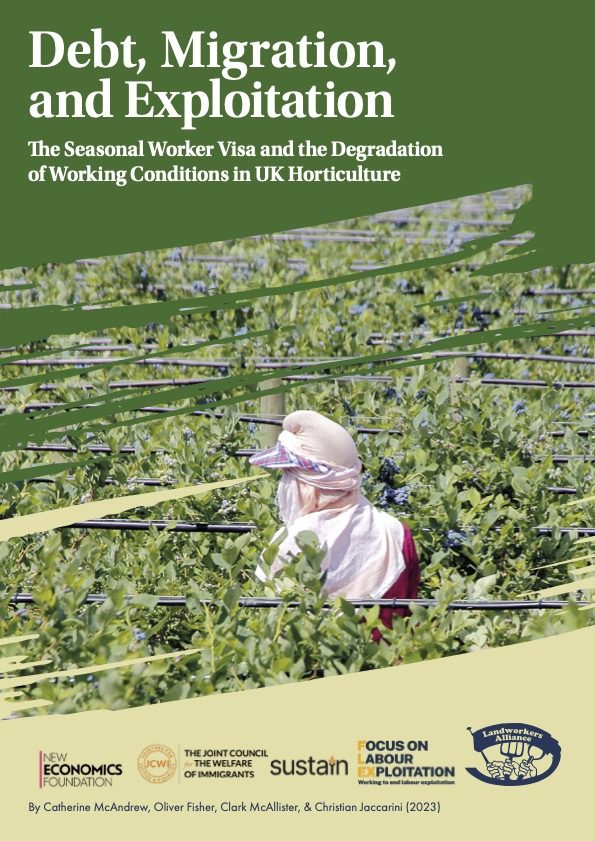Migrant agricultural workers face absolute poverty while supermarkets profit
New report reveals exploitation and sets out vital reforms
12 July 2023

Topics Fisheries & farming Work & pay
Hear about our work to build a new economy, including ways you can get involved and help support our campaigns.
You can cancel at any time. See our privacy policy for full details.